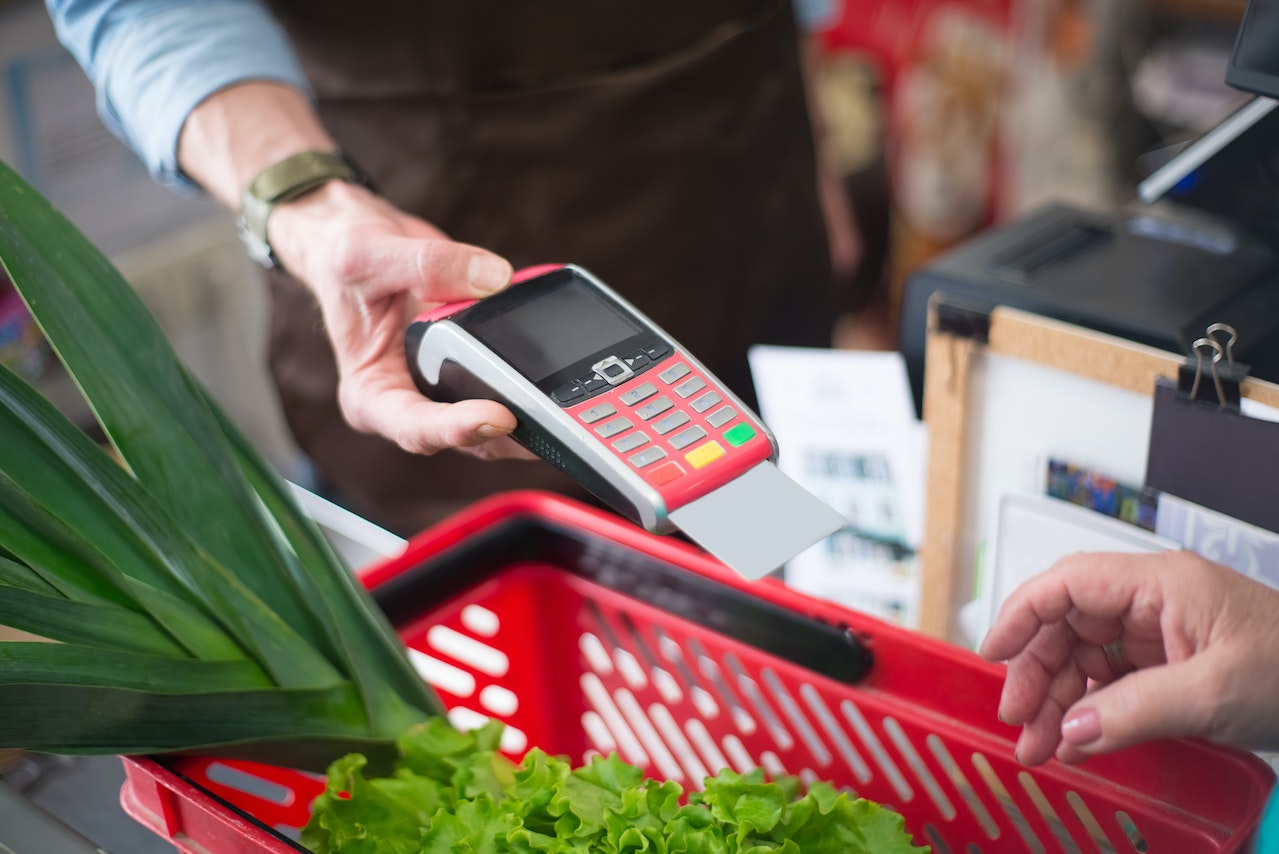In a significant turn of events, the optimistic outlook on the resilience of the US consumer and the overall economy that prevailed during the summer has taken a hit. According to data released on Tuesday, September saw a notable dip in the Consumer Confidence Index, with the Conference Board reporting a decrease from 108.7 in August to 103, marking the most substantial monthly decline since December 2020, as indicated by Wells Fargo Economics.
The primary driver behind this decline was the Expectations Index, which plummeted to a reading of 73.7 in September, down from 83.3 in August and 88 in July. Historically, any reading below 80 has been considered a warning sign for an impending recession within the next year. Dana Peterson, the chief economist at The Conference Board, expressed her concerns, stating, “Expectations for the next six months tumbled back below the recession threshold of 80, reflecting less confidence about future business conditions, job availability, and incomes.”
Peterson also highlighted that the resurgence of inflation was likely weighing heavily on consumers’ minds. Notably, recent data releases have shown a rapid increase in food and gas prices. Additionally, concerns about the Federal Reserve’s potential decision to maintain higher interest rates for an extended period, along with “political uncertainty,” contributed to the decline in the Consumer Confidence Index in September.
The numerous concerns voiced by consumers align with the headwinds that Wall Street economists and strategists have been cautioning about in recent weeks. A combination of rising oil prices, a strike by auto workers, the resumption of student loan payments, and the looming possibility of a government shutdown all pose threats to the American consumer in the coming months, according to economists.
Matthew Martin, a US economist at Oxford Economics, emphasized the impact of these headwinds, stating, “Amid rising headwinds, the Conference Board’s consumer confidence measure notched a second consecutive monthly decline, reinforcing our expectations for a slowdown in consumption in Q4.”
Tim Quinlan, Senior Economist at Wells Fargo, noted that consumer confidence and consumer spending have not necessarily moved in lockstep in the post-pandemic era, largely due to stimulus measures that bolstered spending. However, Quinlan pointed out that this dynamic could change as credit card delinquencies increase. He remarked, “With savings running dry and credit now scarce and costlier, the biggest monthly decline in consumer confidence since 2020 could be more impactful on actual spending.”
The recent drop in consumer confidence, coupled with the impending headwinds in the fourth quarter, has analysts sounding a cautionary note about the potential for a significant slowdown in the months ahead. Nonetheless, the prospect of increased job gains, rising wages, and additional fiscal stimulus could provide a much-needed boost to the US economy and consumers in the coming quarters.
In conclusion, while the current outlook may appear challenging, there remains hope that the resilience of the US economy and the consumer can weather these uncertainties and continue on a path toward recovery and growth.
Source: Yahoo Finance



